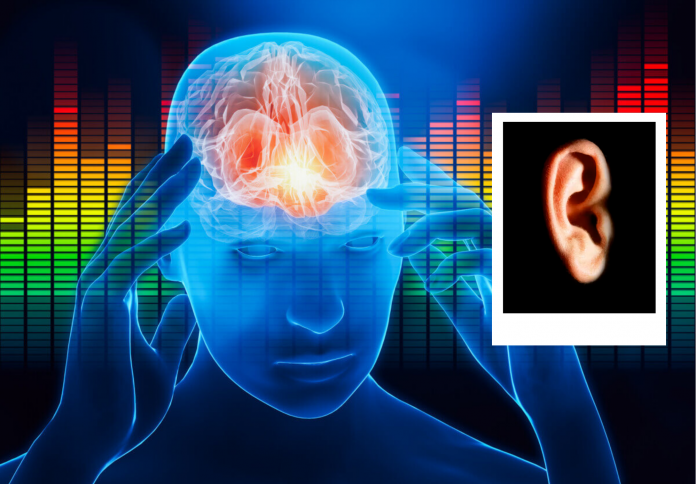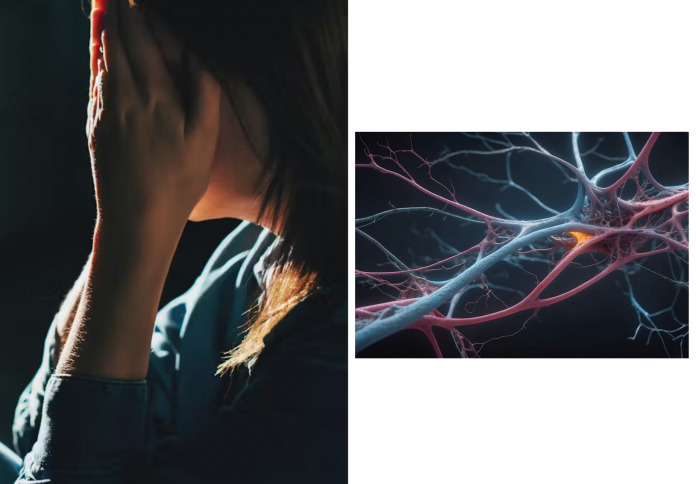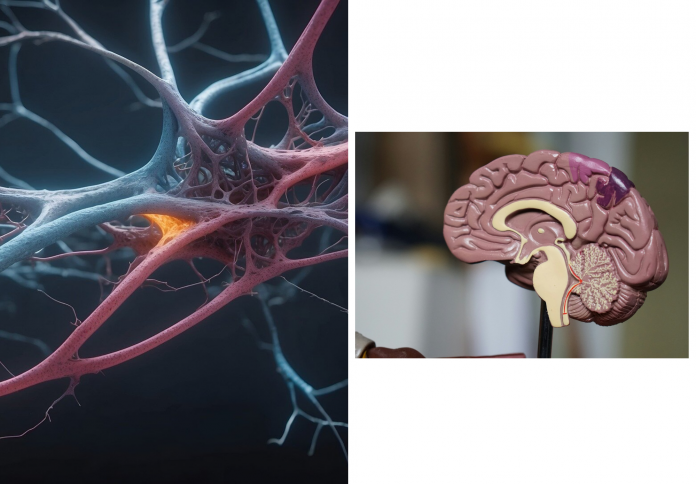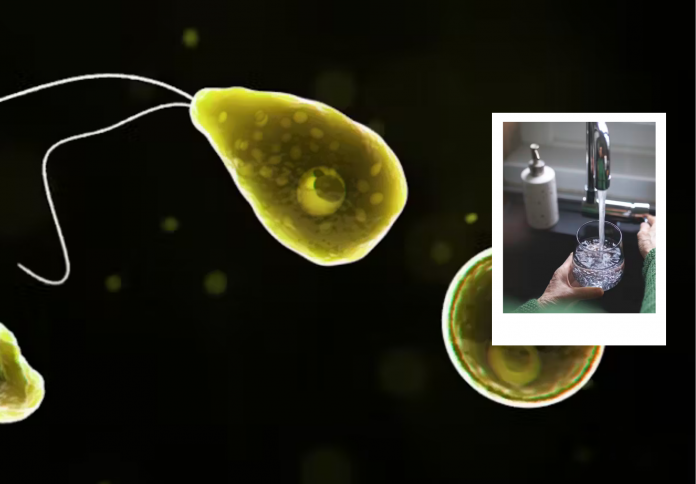The human, social, and economic costs of alcohol abuse are staggering, yet existing treatments have a limited effect and often come with significant side effects. For decades, the focus of addiction research has been on developing drugs that target proteins common to nearly all neurons, leading to widespread and often unwanted side effects. Now, new research offers a different approach. By pinpointing a tiny cluster of neurons in the brain that act as a “brake” on alcohol consumption, scientists may have found a future path to developing highly targeted, more effective treatments with fewer side effects. This discovery in mice could revolutionize how we understand and treat excessive drinking by focusing on the brain’s own built-in regulatory system.
The Flaws of Current Alcohol Abuse Treatments
Despite the severe consequences of alcohol abuse, which remains a leading cause of death and disability worldwide, current treatments have been largely ineffective. The drugs available to help people reduce or stop drinking have limited success and often come with side effects like headaches, fatigue, and insomnia. This is because most of these medications are designed to target proteins that are present in nearly every neuron across the brain. When these drugs are taken, they don’t just affect the specific circuits involved in alcohol consumption; they impact a vast network of neurons, leading to the widespread and undesirable side effects that can discourage patients from continuing their treatment.

This broad-brush approach has been the norm for decades. But neurobiologists have long believed that a more targeted strategy is needed. The theory is that if we can identify the specific, small clusters of neurons that control alcohol consumption, we could develop treatments that affect only those neurons, leading to far more effective outcomes with significantly fewer side effects. This concept of targeting neuronal ensembles—small populations of neurons that work together to perform a specific function—has been a key area of study in other fields, from memory formation to fear responses. However, until recently, researchers did not know if such a specialized group of neurons existed for binge drinking.
Finding the Brain’s ‘Binge Brake’
Finding these specific neurons is a formidable challenge, akin to finding a needle in a haystack, given that the brain contains billions of neurons. To solve this problem, a research team led by neurobiologist Gilles Martin used a genetically modified mouse model. When these mice were exposed to alcohol, a gene coding for a red fluorescent protein was selectively activated in the neurons sensitive to alcohol. By tracing these fluorescent neurons, the researchers were able to create a precise map of the specific locations of the affected neurons, narrowing down their search to a tiny population.

The researchers identified a small number of neurons in a brain region called the medial orbitofrontal cortex. This area is known for its critical role in decision-making and adapting behavior to a changing environment. In a major breakthrough, the team found that turning this specific cluster of neurons off resulted in a sharp increase in alcohol consumption in the mice. This discovery suggests that the brain has a built-in regulatory system, or a “brake,” that activates during drinking to help control consumption. If these specific neurons were to misfire or stop working correctly, this regulatory system would fail, potentially leading to the kind of uncontrolled drinking seen in binge drinking and alcohol use disorders.
A Path Forward for Future Treatments

While this study provides a crucial advance in our understanding of how and where binge drinking affects the brain, it’s important to remember that this research was conducted in mice. The next step is to determine if human brains are equipped with the same neuronal ensemble. If they are, this discovery could pave the way for a new generation of highly targeted treatments. The goal would be to find a way to selectively stimulate these specific neurons to help individuals who have difficulty controlling their alcohol intake.
Although the ability to selectively control the activity of specific neurons is an enormous challenge, progress in gene therapy offers hope. Technologies developed for treating cancer and other rare diseases could potentially be adapted to create highly targeted therapies for alcohol use disorders. Instead of a blanket approach that affects the entire brain, these future treatments could focus on “fixing” the misfiring neurons responsible for suppressing alcohol consumption. For the millions of people who struggle with alcohol abuse, this new research offers a promising glimpse of a future with more effective treatments and fewer side effects.










